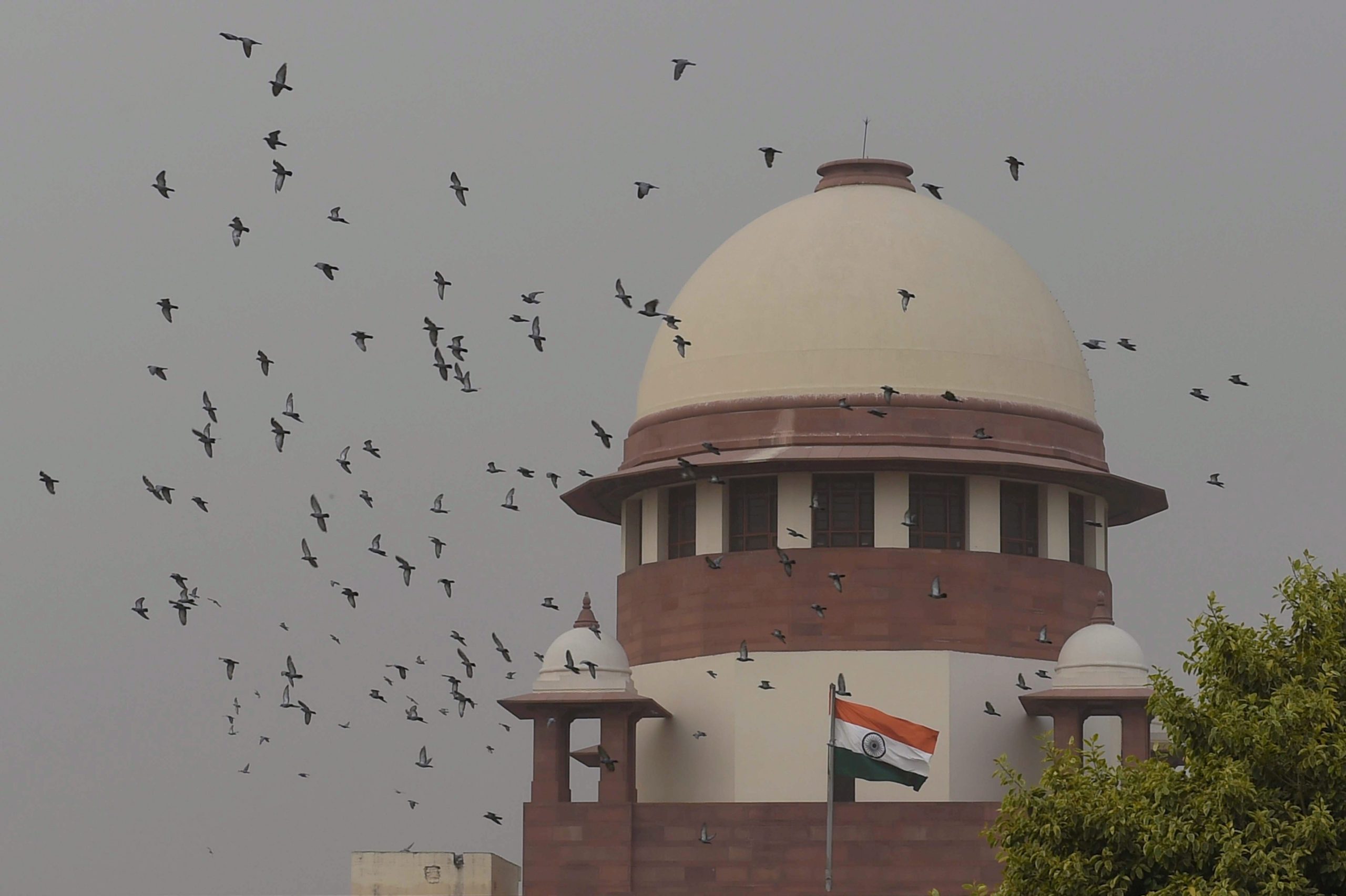New Delhi, Feb 17: The Supreme Court has postponed the hearing on a series of petitions concerning the Places of Worship (Special Provisions) Act of 1991 to the first week of April. A bench led by Chief Justice Sanjiv Khanna and Justice Sanjay Kumar announced that the case will be taken up by a three-judge panel. Earlier in the day, the court expressed dissatisfaction over the numerous new petitions being filed regarding the validity of the Act, which mandates that the religious character of a site be preserved as it was on August 15, 1947. Chief Justice Khanna remarked, “We may not be able to address this matter,” when senior advocate Indira Jaising sought a hearing for a newly filed plea.
During the proceedings, the Chief Justice stressed that there is a limit to the number of petitions that can be submitted. He mentioned, “So many interim applications have been filed, we might not be able to accommodate them all,” suggesting a likely hearing date in March.
Following an order from December 12, 2024, the Supreme Court had effectively halted proceedings in approximately 18 lawsuits initiated by Hindu groups seeking to survey mosques, including the Gyanvapi Mosque in Varanasi and the Shahi Idgah Masjid in Mathura. The court had then set February 17 for an effective hearing of these petitions.
Since then, additional petitions have emerged, including those from AIMIM leader Asaduddin Owaisi, Samajwadi Party’s Iqra Choudhary, and the Congress Party, advocating for the enforcement of the 1991 law. Iqra Choudhary, representing the Kairana constituency in Uttar Pradesh, had expressed concerns on February 14 over the rising number of legal actions against mosques and dargahs, arguing that they endanger communal harmony and the country’s secular principles. The Supreme Court has previously agreed to look into a separate petition from Owaisi with similar objectives.
Meanwhile, the Akhil Bhartiya Sant Samiti, a Hindu group, has also sought to intervene in the cases challenging the 1991 Act’s provisions. Previously, the bench was reviewing around six petitions, including a prominent one by lawyer Ashwini Upadhyay contesting several sections of the Act. This law prohibits the alteration of any place of worship’s religious character as it stood on August 15, 1947, with the exception of the Ram Janmabhoomi-Babri Masjid dispute.
Various Muslim organizations, such as the Jamiat Ulama-i-Hind, are advocating for strict implementation of the 1991 law to uphold communal peace and protect the current status of mosques, which Hindu groups assert were originally temples. Conversely, petitioners like Upadhyay seek to invalidate Sections 2, 3, and 4 of the Act, arguing that these sections infringe upon the right of judicial remedy for individuals or religious groups attempting to reclaim places of worship.
The bench pointed out that the core issue revolves around Sections 3 and 4, with Section 3 addressing the prohibition against converting places of worship and Section 4 concerning declarations about the religious character of certain sites and the limitation of court jurisdiction.
The management committee for the Gyanvapi Mosque has filed an intervention plea opposing several petitions challenging the constitutionality of the 1991 Act. The mosque committee highlighted a history of contentious claims regarding various mosques and dargahs, alleging that these petitions were filed with “mischievous intent” to enable lawsuits against these protected religious sites under the Act. (AGENCIES)


Leave a Reply